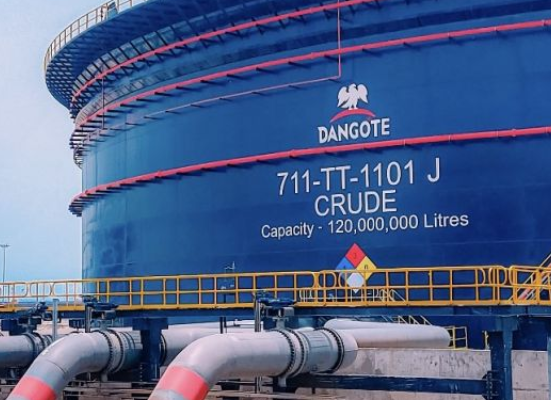Nigeria’s Excess Crude Account (ECA) now stands at a meagre $473,754.57, according to the latest disclosure by Shamseldeen Ogunjimi, the Accountant-General of the Federation. Ogunjimi made this revelation during the 149th National Economic Council (NEC) meeting presided over by Vice President Kashim Shettima at the Presidential Villa, Abuja. This balance, unchanged for several months, marks a stark contrast to previous years when the ECA held hundreds of millions of dollars, underlining the country’s ongoing fiscal challenges.
The ECA, established in 2004 by former President Olusegun Obasanjo, was designed as a fiscal buffer to save oil revenues above the budget benchmark and shield the economy from volatile crude oil prices. Over the years, however, the account has been steadily depleted, reflecting increased withdrawals to meet urgent government obligations and dwindling oil receipts. For context, the ECA balance was as high as $72.4 million in February 2021, but has since dropped sharply, mirroring the country’s revenue constraints and growing expenditure needs.
At the same NEC meeting, Ogunjimi also reported that the Stabilisation Account stood at N63.53 billion, while the Natural Resources Development Account had a balance of N72.86 billion as of April 2025. The council deliberated on strategies to address the nation’s economic headwinds, including boosting oil production, tackling crude oil theft, and enhancing regulatory oversight at oil and gas terminals. These measures are deemed critical as the government faces lower-than-expected oil prices and is forced to prioritise critical expenditures such as salaries, pensions, debt servicing, and security.
The drastic reduction in the ECA has sparked renewed calls for prudent management of Nigeria’s oil revenues and urgent diversification of the economy. As the government intensifies efforts to ramp up domestic refining capacity and attract investments in non-oil sectors, the shrinking ECA serves as a sobering reminder of the need for sustainable fiscal policies and robust savings mechanisms to weather future economic shocks.







